1. The Beatles
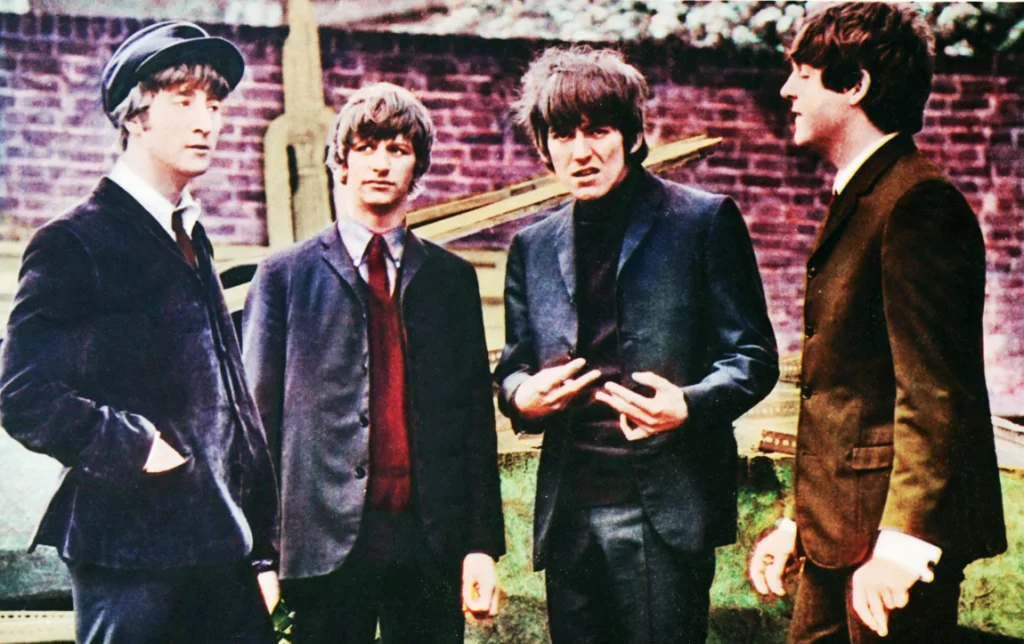
The Beatles are undeniably the most iconic band of the ’60s, and their influence on music cannot be overstated. They were pioneers in both sound and style, pushing the boundaries of what pop music could be. From the infectious “I Want to Hold Your Hand” to the groundbreaking “Sgt. Pepper’s Lonely Hearts Club Band,” they created songs that defined the era. Their harmonies and experimentation with new instruments and recording techniques set them apart from every other band.
But it wasn’t just their music that resonated with fans—it was their personalities and style that captured the imagination of a generation. The Beatles were the voice of youthful rebellion and the rise of counterculture. They evolved from mop-topped pop stars to cultural revolutionaries, embracing new sounds like psychedelia and Indian music. Their legacy continues to influence musicians today, and their impact on the ’60s music scene is still felt worldwide.
2. Bob Dylan
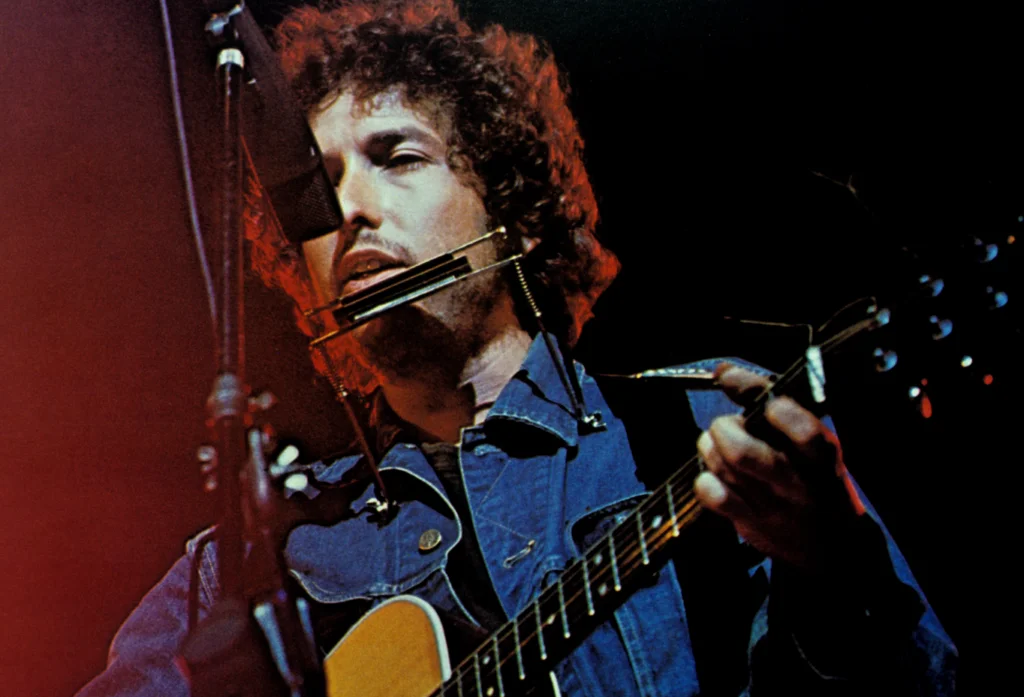
Bob Dylan emerged as one of the most influential singer-songwriters of the ’60s, with lyrics that spoke to the social and political turbulence of the time. His songs like “Blowin’ in the Wind” and “The Times They Are A-Changin'” became anthems of the civil rights movement and anti-war protests. Dylan’s distinctive voice and poetic lyrics made him a voice for the disillusioned, and he helped elevate folk music into the mainstream.
As he transitioned into electric rock with albums like Highway 61 Revisited, Dylan continued to push musical boundaries, leaving his mark on multiple genres. His impact on modern music is immeasurable, influencing everyone from rock to hip-hop. Dylan didn’t just change music; he changed the way people thought about it, proving that songs could be powerful tools for social change.
3. Aretha Franklin
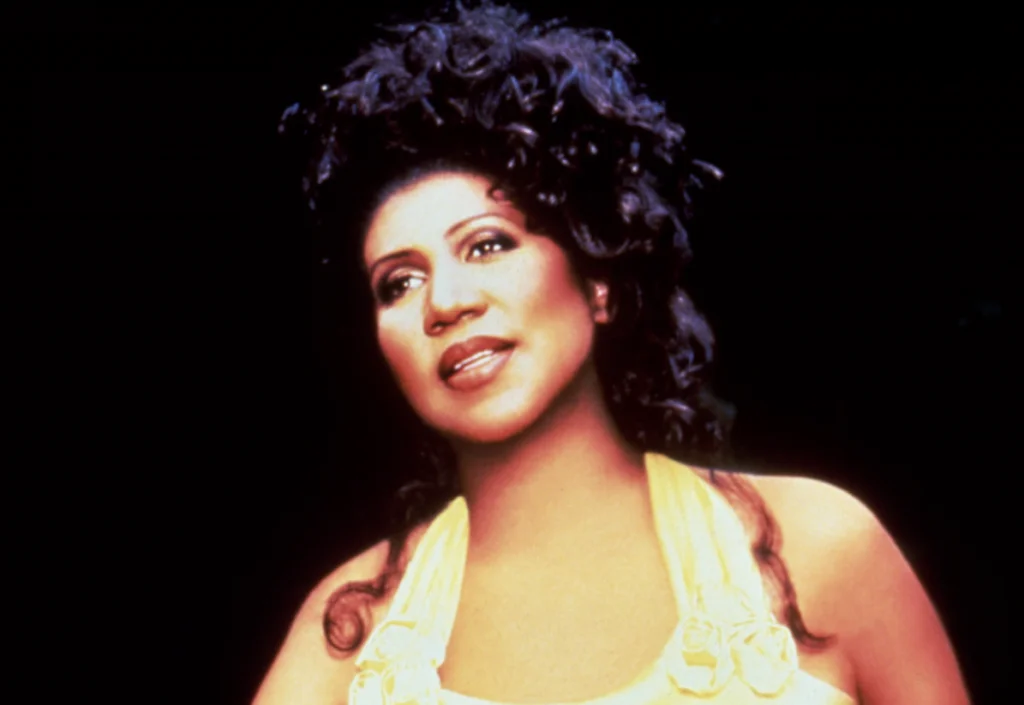
Aretha Franklin, the “Queen of Soul,” was one of the most powerful vocalists to ever grace the ’60s music scene. With songs like “Respect” and “Think,” she became a symbol of empowerment for both women and the African American community. Franklin’s unique ability to blend gospel, blues, and soul helped define the sound of the ’60s, and her influence continues to shape artists today.
Her voice was a force of nature, and her raw emotional delivery made her an unforgettable performer. Aretha wasn’t just a singer; she was a cultural icon who used her platform to challenge societal norms and fight for equality. Her contributions to music are immeasurable, and she remains a trailblazer for generations of artists to come.
4. The Beach Boys
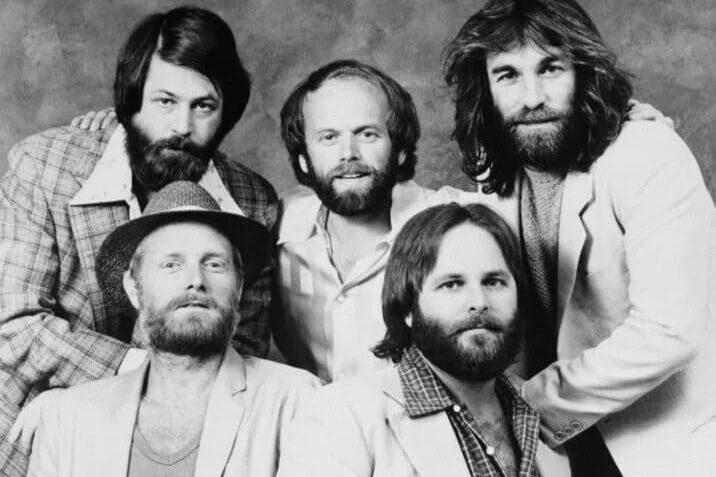
The Beach Boys were the soundtrack of the West Coast, their surf rock hits painting a picture of carefree days spent at the beach. Songs like “Good Vibrations” and “California Girls” captured the spirit of a generation enamored with youth, freedom, and endless summer. The band’s harmonies and Brian Wilson’s visionary songwriting created an unmistakable sound that defined the ’60s.
But it wasn’t just about sun, sand, and surf for The Beach Boys—they were also innovators in the studio. Pet Sounds is often cited as one of the most influential albums of all time, showcasing their ability to blend intricate arrangements with deep emotional undertones. The Beach Boys’ music remains a timeless reflection of the California dream, and their legacy continues to influence artists across genres.
5. Jimi Hendrix
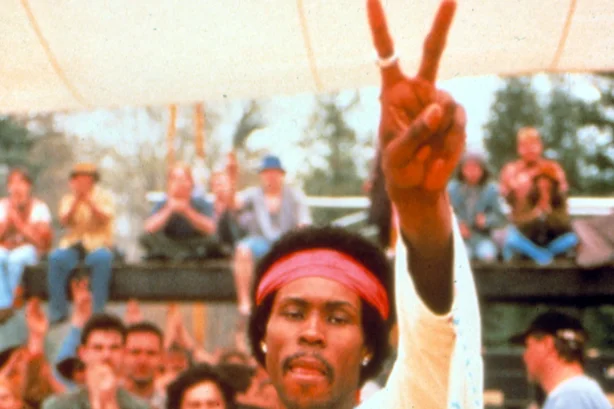
Jimi Hendrix didn’t just play guitar; he revolutionized the instrument. With his wild experimentation and fearless approach to music, he became the epitome of the ’60s rock spirit. His rendition of “The Star-Spangled Banner” at Woodstock remains one of the most iconic performances in rock history, blending artistry with protest. Hendrix’s electric guitar solos were unlike anything the world had ever heard.
But Hendrix’s influence went far beyond his technical skill—he was a cultural icon who personified the era’s counterculture. His fusion of blues, rock, and psychedelic music gave birth to a new sound, and his fearless creativity made him a hero to generations of musicians. Tragically, his life was cut short, but Jimi Hendrix’s legacy endures, cementing his place as one of the greatest guitarists of all time.
6. The Supremes
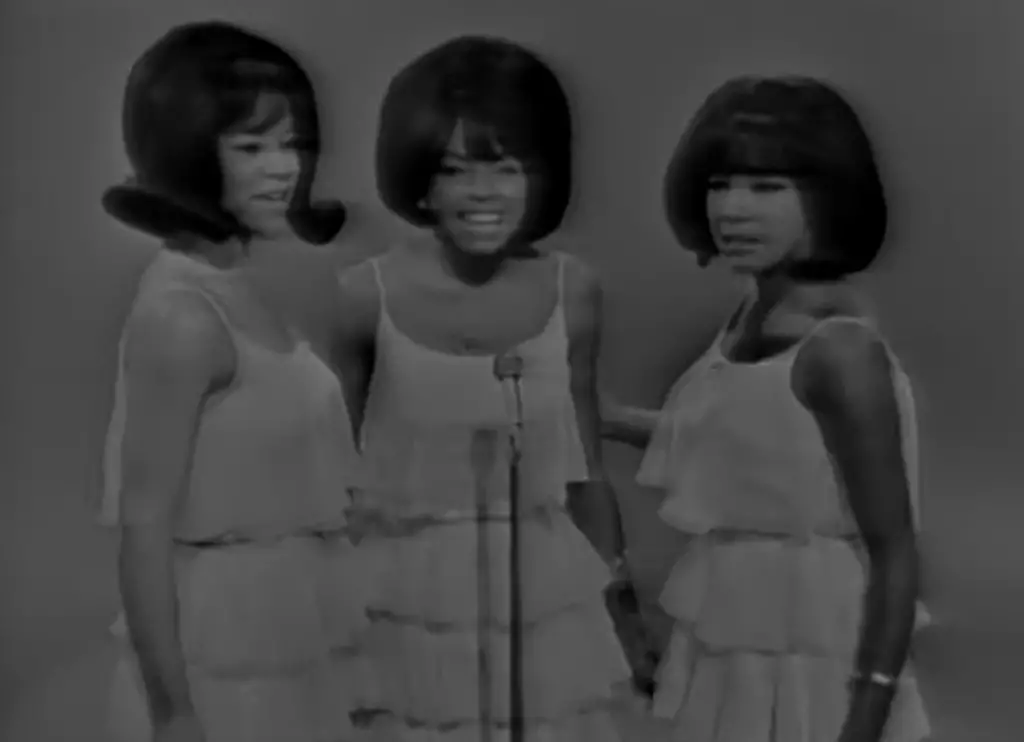
The Supremes were the epitome of Motown’s success, blending soul, pop, and R&B in a way that became the blueprint for the genre. Led by Diana Ross, the group produced hits like “Where Did Our Love Go?” and “Stop! In the Name of Love,” which became instant classics. Their harmonies and stage presence made them one of the most successful girl groups of all time.
But The Supremes’ impact went beyond just their music—they played a major role in bringing African American artists into the mainstream. Their success helped pave the way for other black artists to find success in a still-segregated music industry. The Supremes’ influence on pop culture is undeniable, and their role in defining the sound of the ’60s is forever etched in history.
7. The Rolling Stones
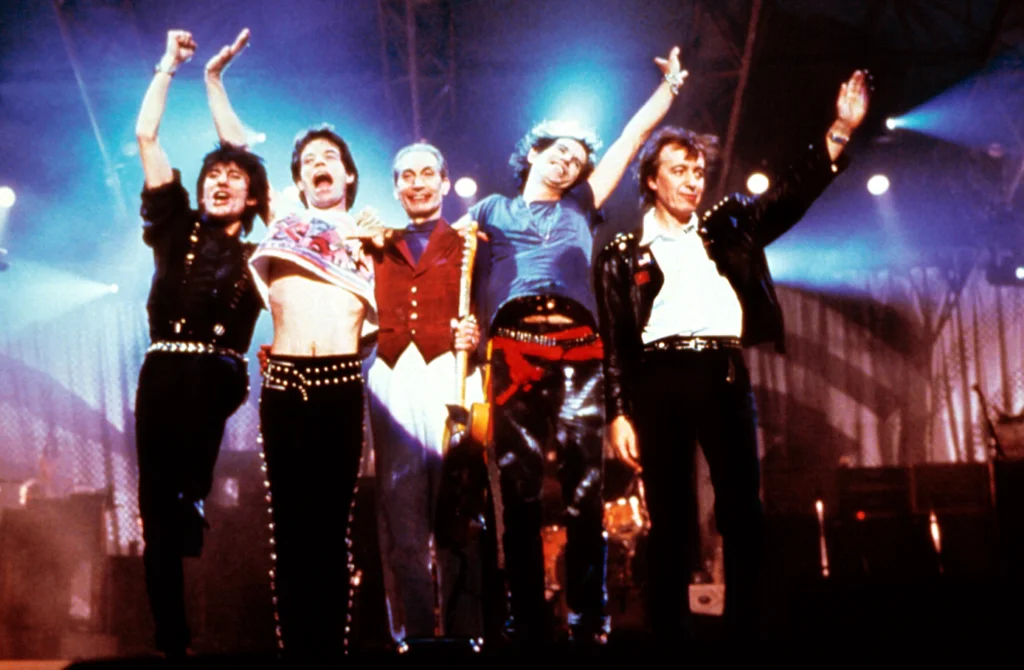
The Rolling Stones helped define rock ‘n’ roll in the ’60s, blending blues, rock, and rhythm to create a sound that was raw, rebellious, and electrifying. With songs like “(I Can’t Get No) Satisfaction” and “Paint It Black,” they captured the spirit of youthful angst and defiance. Led by Mick Jagger and Keith Richards, the band became synonymous with the rock lifestyle, living fast and playing hard.
Their influence on the rock genre is still felt today, with countless bands citing them as a major inspiration. The Stones didn’t just play music—they created an entire cultural movement. Their longevity in the music industry and their continued ability to fill arenas decades later proves that their influence on the ’60s—and beyond—remains as powerful as ever.


